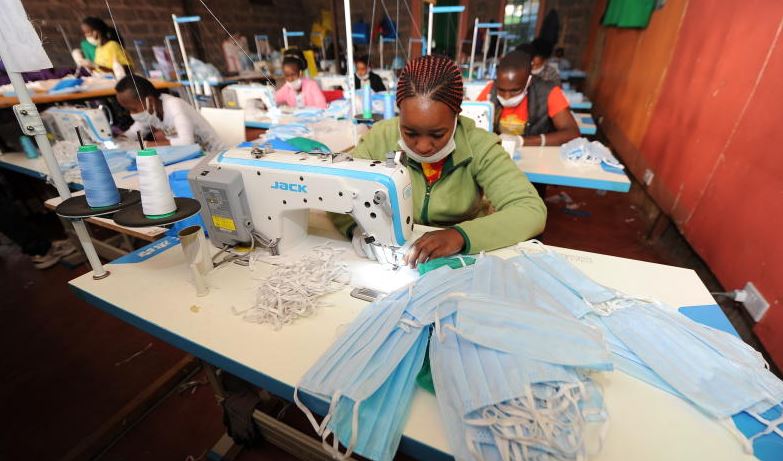×
The Standard e-Paper
Smart Minds Choose Us

A month after the announcement of the first novel coronavirus case in the country, Kenyans are still grappling with how best to keep themselves safe.
Apart from conducting tests and issuing an array of directives, little else has been done by the government for a majority of poor and vulnerable Kenyans.